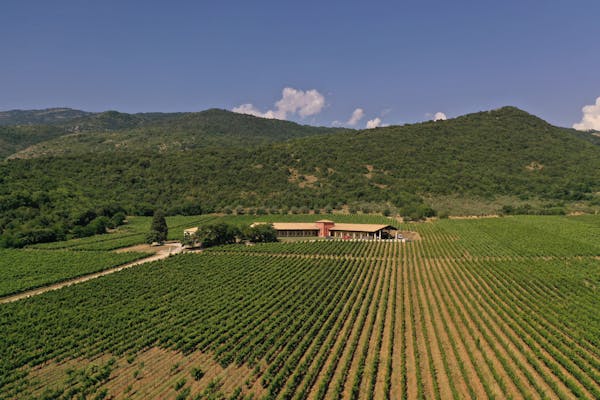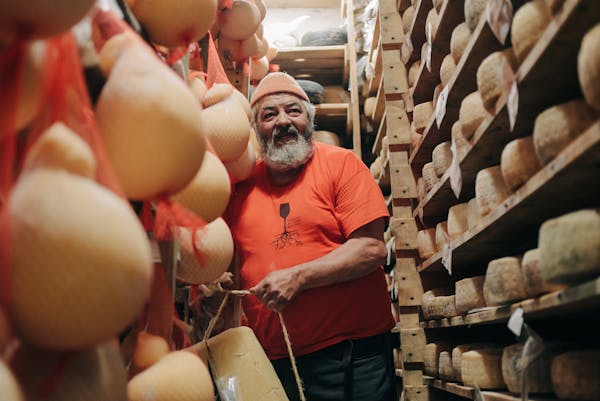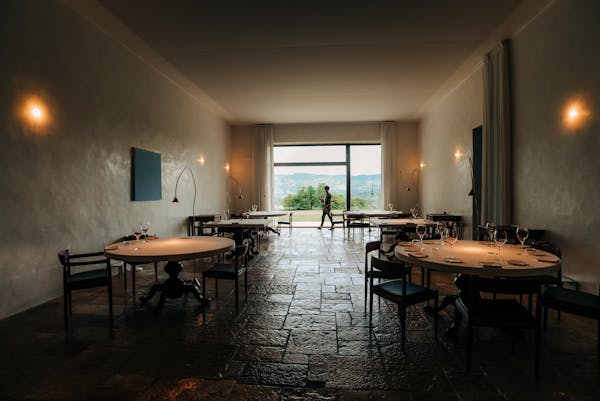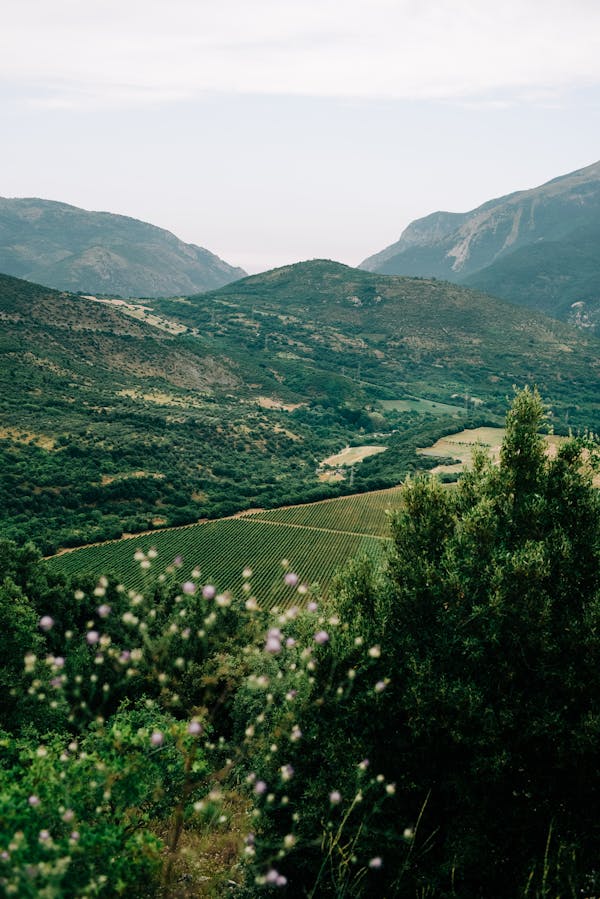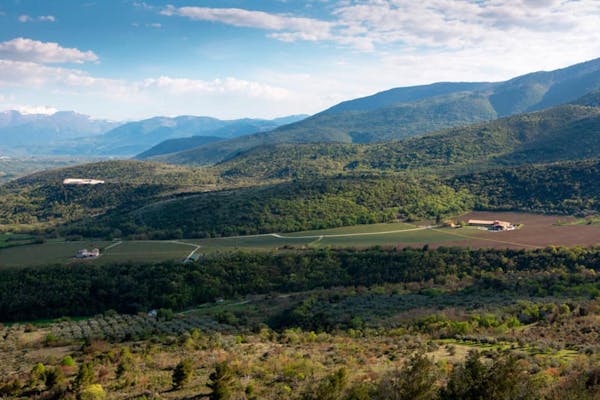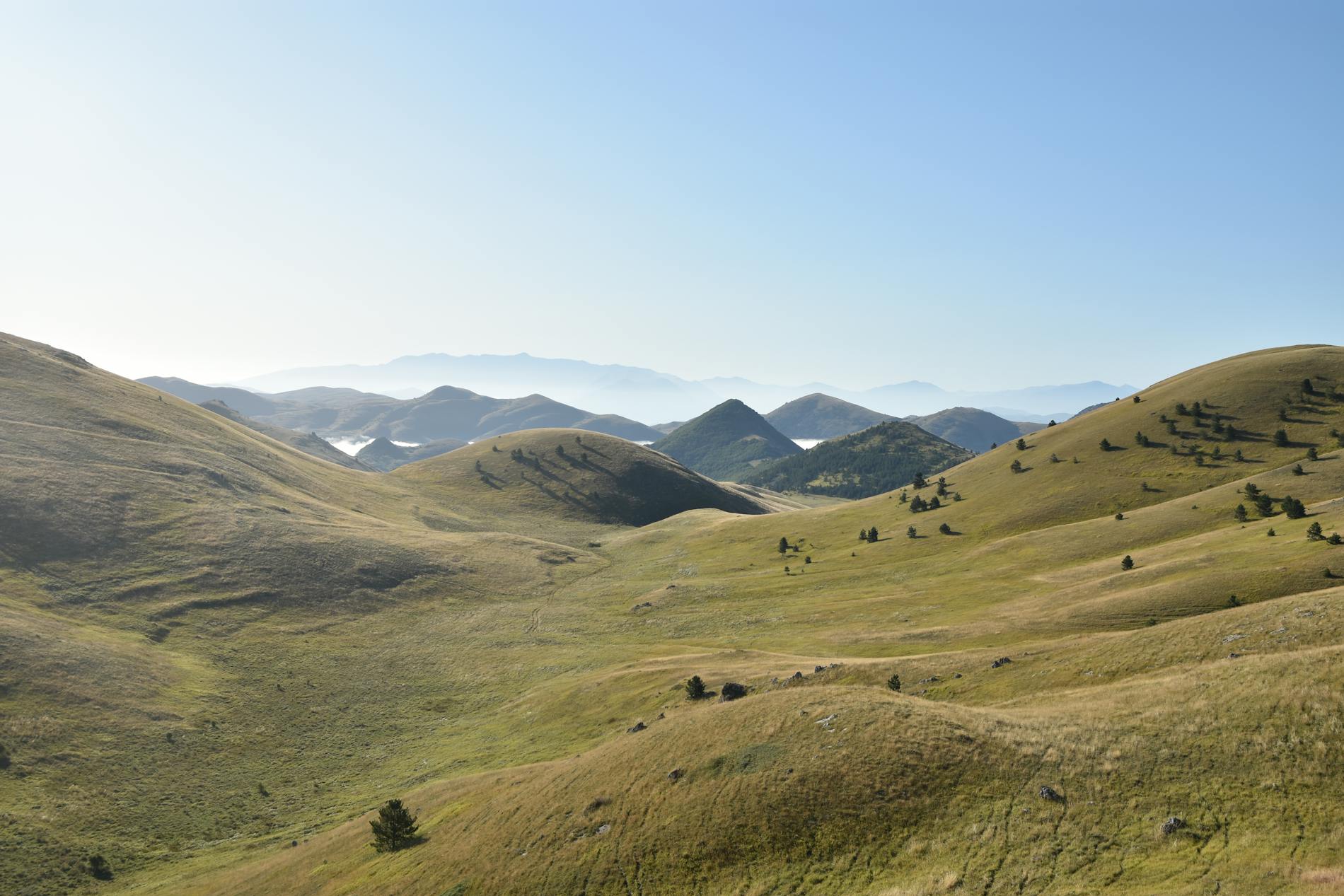
Abruzzo
Overview
Abruzzo is one of Italy’s best-kept secrets. Located in central Italy, the region offers a rugged, mountainous terrain that is bordered by the Adriatic sea to the east. This climate combined with the fertile hillsides and limestone-rich soils makes it ideal for producing wine.
Much of Abruzzo’s inland is covered by national parks and nature reserves, including the Apennine mountains. Covering more than 65% of the entire region, these mountains help temper storms and rain, thus protecting hillside vineyards from gusty winds and floods. Towards the east, the warm heat from the Mediterranean sun encourages grape development, while the bordering Adriatic sea breeze keeps the vineyards nice and cool.
- Abruzzo is National parks
Three national parks with numerous protected areas cover more than 30% of the region, an extension with the highest concentration in Europe. The national park of Abruzzo, Lazio and Molise, the Majella national park, and the Gran Sasso and Monti della Laga national park with the various protected areas preserve over 75% of the animal and plant species of the European continent. An environmental peculiarity that makes Abruzzo one of the best regions in the world for the quality of life.
- Abruzzo is endemic wildlife
Today the extensive natural forests and wild summits are home to wolves, lynx, chamois, red deer, boar, wildcats, pine martens and, by no means least, the Marsican brown bear.The ecosystem is rich in species and habitat, from the large predatory mammals and birds to the brightest and tiniest of the mountain-top flowers. There is an extraordinary biodiversity in a place, less than two hours from Rome, that has been a site of human civilisation for thousands of years.
- Abruzzo is independence of culinary tradition
Surrounded by nature, Abruzzo has been protected from centuries of foreign cuisine influences. The traditional cuisine of Abruzzo is eclectic, drawing on pastoral, mountain, and coastal cuisine. Staples of Abruzzo cuisine include bread, pasta, meat, cheese, and wine. The isolation which has characterized the region for decades has ensured the independence of its culinary tradition from those of nearby regions.



